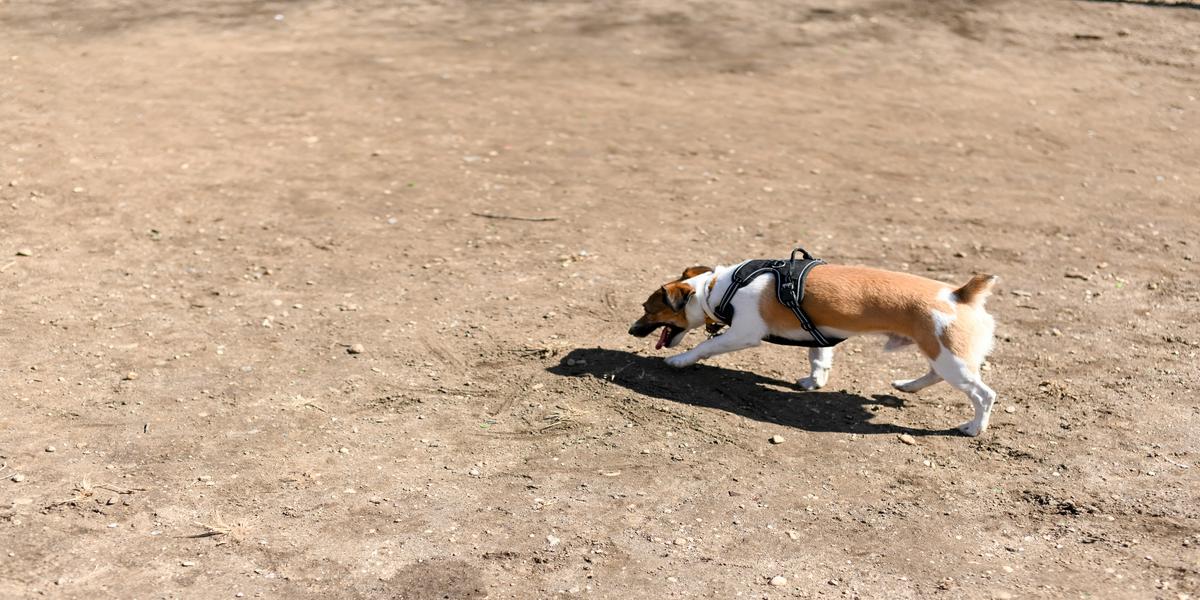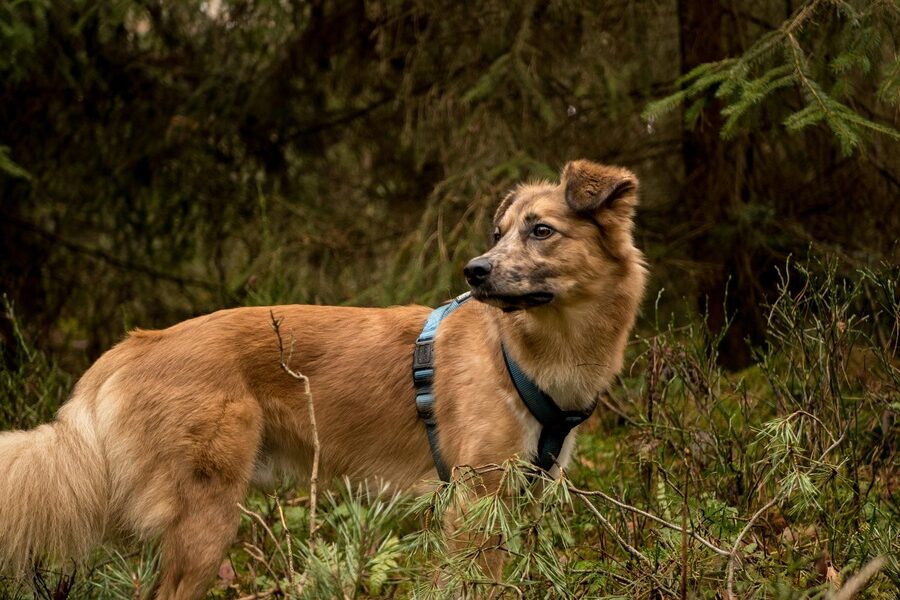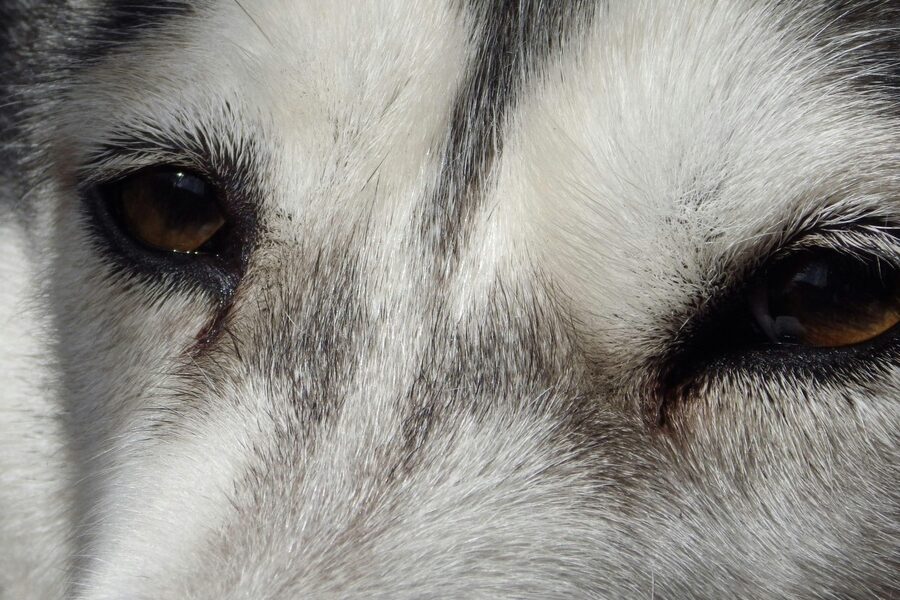The Complete List of Small Aggressive Dog Breeds features 14 distinct breeds known for their bold and sometimes challenging temperaments despite their small size. Many of these dogs, such as terriers and toy breeds, originate from working or hunting backgrounds, which contributes to their strong prey drives, territorial instincts, and protective behaviors. Understanding these traits is essential for responsible ownership and effective training.
Below is a detailed list of small aggressive dog breeds, each with scientific names, average weight, and common temperament traits to help you learn more about their behavior and care needs.
Scientific Name This column shows the official scientific classification of each breed, confirming that all are domesticated dogs (Canis familiaris). It helps provide a clear reference for the breed’s biological classification.
Avg Weight (kg) Average weight helps you gauge the size of each breed. It indicates how small or compact the dog is, which can influence their handling, exercise needs, and potential behavior around children or other pets.
Common Temperament Traits This section highlights typical behaviors associated with each breed, focusing on aggression triggers like fear, territoriality, or resource guarding. Knowing these traits guides owners in socialization, training, and managing reactive tendencies effectively.
What Causes Aggression in Small Dog Breeds?
Aggression in small dogs often stems from fear, uncertainty, or protecting territory and resources rather than innate hostility. Many small breeds exhibit what’s called “small dog syndrome,” where lack of training or over-coddling results in bossy or defensive behavior. Proper socialization and consistent training are crucial to reducing reactivity and promoting friendly interactions.
How Can Training Help Manage Aggressive Behaviors?
Early and ongoing training helps small aggressive dog breeds control impulses and respond calmly to new situations or strangers. Teaching commands, setting boundaries, and exposing dogs to different people and environments can reduce fear and protectiveness. Using positive reinforcement and avoiding harsh punishment are key to encouraging good behavior.
Is Every Small Dog Breed Aggressive?
No. While this list highlights breeds known for potential aggression, every dog is an individual. Temperament varies widely depending on genetics, training, socialization, and environment. Before adopting any breed, research its specific needs and seek professional advice to ensure a good fit with your lifestyle and household.
Small Aggressive Dog Breeds
| Breed Name | Scientific Name | Avg Weight (kg) | Common Temperament Traits |
|---|---|---|---|
| Chihuahua | Canis familiaris | 2.5 | Fear-based aggression towards strangers, territoriality, reactivity, over-protective, prone to “small dog syndrome.” |
| Dachshund | Canis familiaris | 4.5 | Stubborn, high prey drive (can target small animals), territoriality, prone to nipping, may display resource guarding. |
| Jack Russell Terrier | Canis familiaris | 7.3 | High energy, strong prey drive, can be reactive towards other dogs or small animals, needs extensive stimulation, can be stubborn. |
| Miniature Schnauzer | Canis familiaris | 7.3 | Protective, territorial, strong guarding instincts, prone to barking and nipping at strangers if not well-socialized. |
| Pomeranian | Canis familiaris | 2.7 | Can be yappy, prone to “small dog syndrome,” may be reactive or nippy if over-coddled or poorly socialized. |
| Shih Tzu | Canis familiaris | 5.9 | Can be stubborn, prone to resource guarding, may snap if boundaries are not clear or if handled roughly, independent. |
| Lhasa Apso | Canis familiaris | 6.8 | Highly protective, territorial, wary of strangers, can be nippy if startled or poorly socialized, stubborn. |
| Pekingese | Canis familiaris | 4.5 | Stubborn, independent, can be protective, may snap if disturbed or handled improperly, wary of strangers. |
| Yorkshire Terrier | Canis familiaris | 2.6 | Feisty, yappy, can be reactive, prone to “small dog syndrome” and resource guarding, stubborn. |
| Cairn Terrier | Canis familiaris | 6.4 | Typical terrier tenacity, can be bold, independent, prone to nipping or chasing, stubborn, strong prey drive. |
| Papillon | Canis familiaris | 4.0 | Can be high-strung, reactive if not stimulated, sensitive, can be prone to nipping if over-stimulated or scared. |
| Maltese | Canis familiaris | 2.5 | Can be yappy, prone to “small dog syndrome” and snapping if not handled well, separation anxiety. |
| Brussels Griffon | Canis familiaris | 4.3 | Can be sensitive, prone to fear-based aggression if not socialized, possessive, can be demanding. |
| Border Terrier | Canis familiaris | 6.4 | Strong prey drive, can be territorial, typical terrier assertiveness, stubborn, can be reactive to other dogs. |
Descriptions
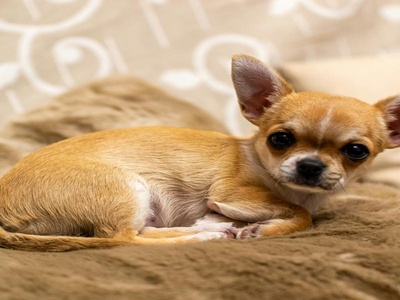
Chihuahua
The smallest dog breed, Chihuahuas are known for their big personalities. Originating from Mexico, they can be fiercely loyal to their chosen person but often display suspiciousness towards others, leading to reactive barking or nipping if not well-socialized.

Dachshund
Originating in Germany as badger hunters, Dachshunds are brave and tenacious. While affectionate with family, their independent and sometimes stubborn nature, combined with a strong prey drive, can lead to reactivity or nipping if not properly trained.
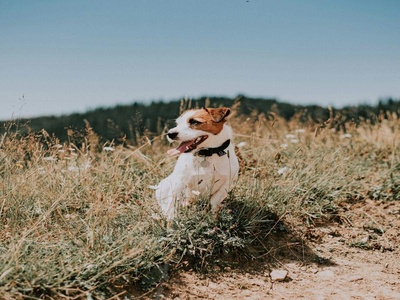
Jack Russell Terrier
Bred in England for fox hunting, Jack Russell Terriers are intelligent, high-energy dogs. Their relentless drive and fearless nature mean they require consistent training and ample exercise to prevent boredom, which can manifest as assertive behaviors.
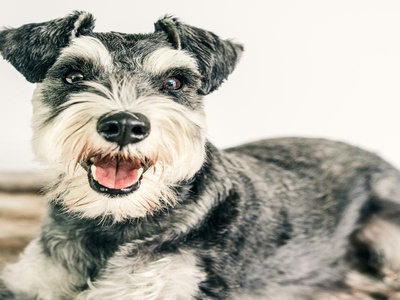
Miniature Schnauzer
A robust German breed, Miniature Schnauzers were originally farm dogs and ratters. They possess a fearless and protective nature, making them excellent watchdogs. However, without proper socialization, their guarding instincts can lead to excessive barking or defensive nipping.
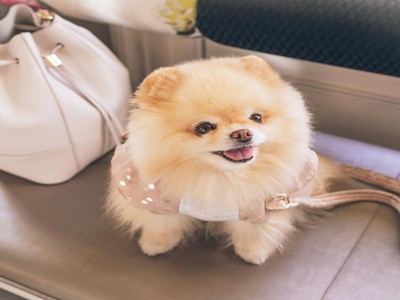
Pomeranian
Descended from large Spitz-type sled dogs, Pomeranians are lively and intelligent companions. Despite their fluffy appearance, they often possess a bold and assertive personality. Inadequate socialization can lead to them becoming overly yappy, demanding, or reactive.
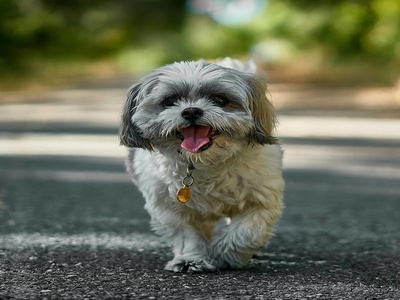
Shih Tzu
Hailing from Tibet, the Shih Tzu was bred as a pampered companion dog. While generally affectionate, their independent and sometimes stubborn nature requires consistent training. They can exhibit resource guarding or react poorly if their personal space is not respected.
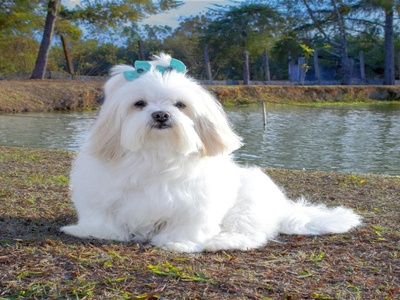
Lhasa Apso
Originating in Tibet, Lhasa Apsos served as watchful sentinels in monasteries. They are highly protective of their family and territory, often displaying wariness towards strangers. Their independent and assertive nature requires early and consistent socialization to prevent reactive behaviors.
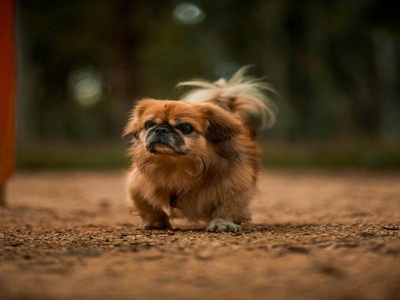
Pekingese
An ancient Chinese breed, Pekingese were revered companions of royalty. They possess a regal and independent demeanor. While affectionate with their family, they can be quite stubborn and aloof with strangers, occasionally reacting defensively if their personal space is invaded.
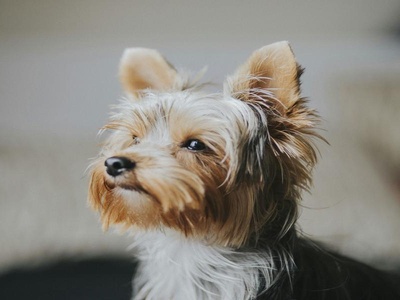
Yorkshire Terrier
Developed in England to catch rats in mills, Yorkshire Terriers are small dogs with a big, bold personality. Despite their dainty appearance, they are tenacious and can be prone to excessive barking, reactivity, or guarding if not properly trained and socialized.
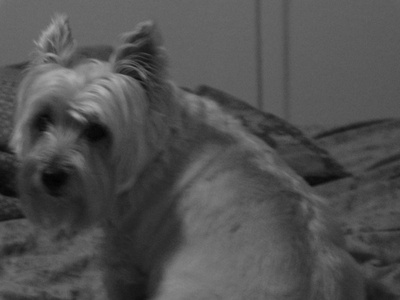
Cairn Terrier
Hailing from the Scottish Highlands, Cairn Terriers were bred to hunt vermin. They are hardy, independent, and inquisitive dogs. Their fearless and determined nature, combined with a strong prey drive, can sometimes manifest as assertive or reactive behaviors.
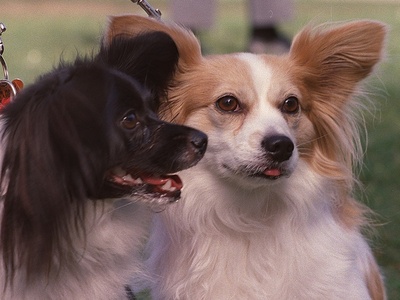
Papillon
Named for their butterfly-like ears, Papillons are elegant and highly intelligent dogs. While generally friendly, their sensitive nature and high energy mean they can become anxious or reactive if not mentally and physically stimulated. Early socialization is key.
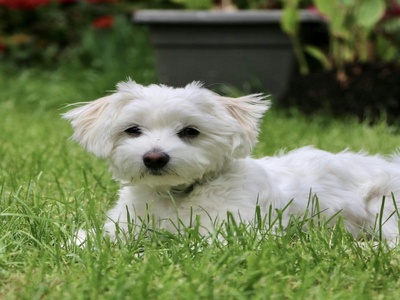
Maltese
An ancient toy breed from the Mediterranean, Maltese dogs are known for their flowing white coats. While affectionate, they can be prone to separation anxiety, excessive barking, or snapping if over-coddled or not properly trained, leading to perceived aggression.
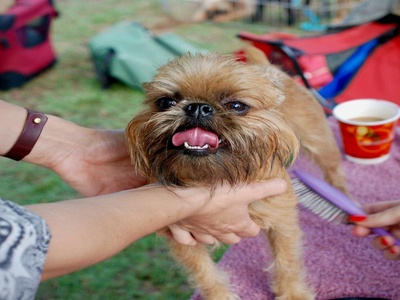
Brussels Griffon
Originating from Belgium, Brussels Griffons were bred to hunt vermin in stables. They are sensitive and intelligent dogs, often forming strong bonds with their owners. Without early socialization, their inherent wariness can lead to fear-based reactivity or possessiveness.
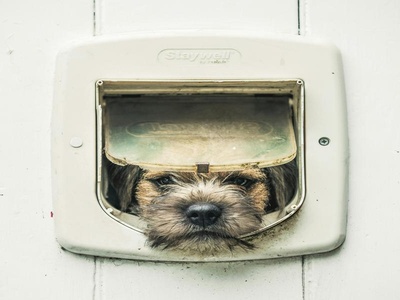
Border Terrier
Bred in the Anglo-Scottish borders for hunting fox and otter, Border Terriers are hardy, spirited dogs. They possess a classic terrier tenacity and a strong prey drive, making them bold and sometimes reactive towards other animals or perceived intruders.
